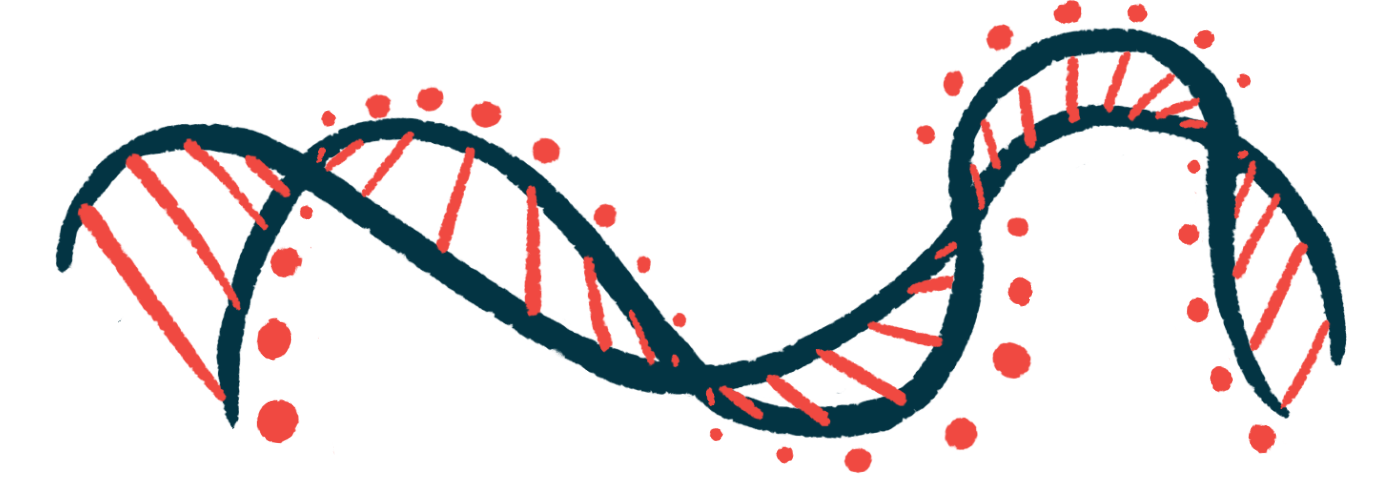1st Healthy Volunteer Receives PepGen’s Exon-skipping Therapy for DMD
Written by |

The first healthy volunteer has been dosed with an investigational exon-skipping therapy, called PGN-EDO51, for Duchenne muscular dystrophy (DMD) in a Phase 1 trial, the treatment’s developer, PepGen, has announced.
The single-ascending dose trial is investigating the treatment’s safety and tolerability in about 40 healthy adult males in Canada. Small groups of participants will receive an intravenous (into-the-vein) dose of the therapy. Safety at that dose will be assessed by a committee before progressing to a higher dose in additional participants.
A secondary goal will be to assess the treatment’s pharmacokinetics, or its movement into, through, and out of the body. Muscle biopsies will also be performed to evaluate whether the treatment successfully skips exon 51 of the DMD gene, the gene implicated in the disease.
Dosing of the first participant follows the acceptance of PepGen’s clinical trial application by Health Canada last month.
“The initiation of our Phase 1 study is a significant milestone for PepGen and marks our transition to a clinical stage company,” James McArthur, PhD, president and CEO of PepGen, said in a press release.
“We look forward to reporting topline data from this trial by the end of 2022 and expect that this data will enable our future studies in DMD patients to initiate in early 2023,” he added.
DMD is caused by mutations in a gene of the same name, leading to a lack of functional dystrophin, a protein important for the integrity and structure of muscle fibers. As a result, the disease is characterized by progressive muscle degeneration.
Genes are made up of alternating pieces, called exons — which contain instructions for building proteins — and introns, which are not incorporated in the final protein, but may have other supportive functions. In the process leading up to protein production, the introns are removed and the exons are strung together.
In DMD, mutations lead to the loss of one or more exons in the DMD gene, and after the introns are removed, the remaining exons don’t fit together the right way, and a working protein cannot be produced at all.
A type of treatment approach called exon skipping can be used to treat DMD patients with certain genetic mutations. The process involves using a short strand of nucleic acids (which form DNA and RNA), called an oligonucleotide, to mask an exon. In some cases, inducing the cell to skip certain exons will enable the remaining exons to fit together to allow production of a shorter, but still functional, dystrophin protein.
PGN-EDO51 is designed to skip over exon 51 in the DMD gene, which could benefit about 13% of all DMD patients, PepGen noted.
Another exon-skipping therapy, Exondys 51 (eteplirsen) — which also targets exon 51 and was developed by Sarepta Therapeutics — was approved in the U.S. in 2016.
PepGen uses a proprietary platform called Enhanced Delivery Oligonucleotide (EDO) to deliver PGN-EDO51 into the muscles, which the company believes will lead to more efficient exon-skipping compared with other strategies.
Preclinical studies in non-human primates showed that PGN-EDO51 was more effective at skipping exon 51 compared with another oligonucleotide therapy, which PepGen believes could translate to higher dystrophin levels for patients.
“DMD is a devastating rare disease that places a significant burden on the lives of patients and their families,” McArthur said. “There are limited therapeutic options available, and our mission is to deliver a life-changing therapeutic to this community in need.”
The company has also used its EDO platform to develop a therapy for myotonic dystrophy type 1 (DM1).
Last year, PepGen announced it had raised $112.5 million to support the development of both EDO programs, noting that a Phase 1 trial of the DM1 therapy was expected to start in 2023.







